Optimal Timing for Masonry Repointing
Masonry repointing is most effectively performed during specific weather conditions to ensure proper curing and adhesion. Ideal timing avoids extreme temperatures and moisture levels, which can compromise the quality of the work.
Spring and early fall are preferred due to moderate temperatures and lower humidity, reducing the risk of mortar cracking or improper curing.
Repointing should be avoided during freezing temperatures, heavy rain, or high humidity, as these conditions can hinder mortar setting and durability.
Ideal temperatures range between 5°C and 25°C (41°F - 77°F). Extreme cold can cause mortar to freeze before curing, while excessive heat accelerates drying and can cause cracks.
Dry weather ensures proper mortar adhesion and curing, preventing issues like efflorescence and weakened joints.
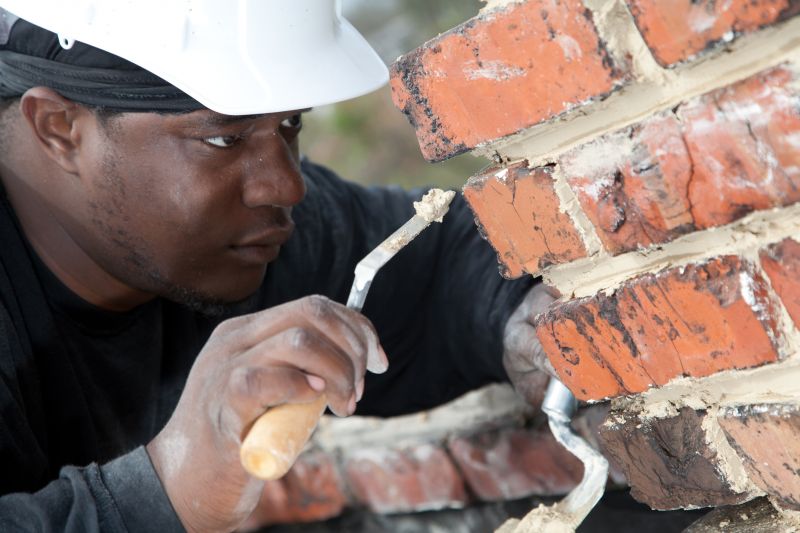
Spring offers moderate weather conditions ideal for masonry work.
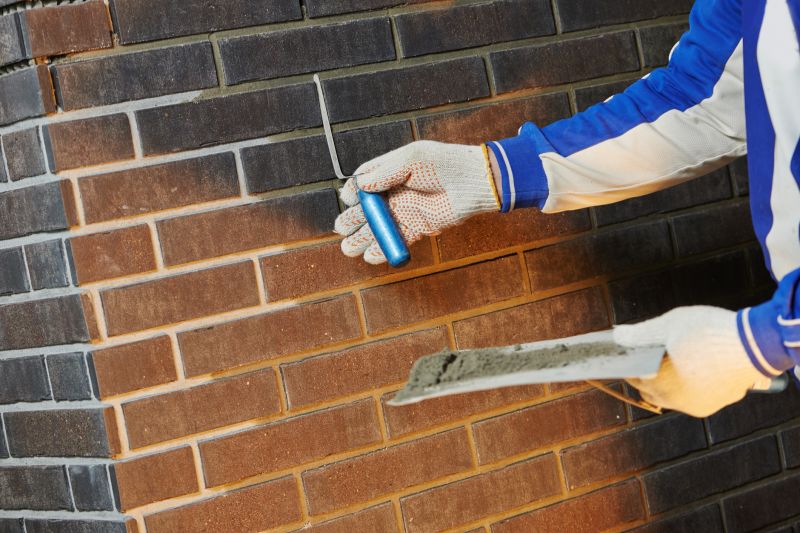
Early fall provides cooler temperatures and lower humidity for effective repointing.
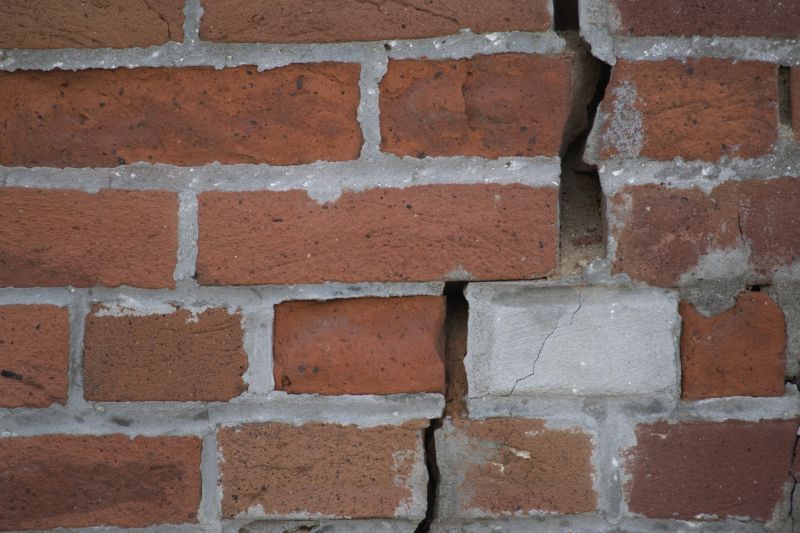
Repointing during freezing conditions can cause mortar to freeze and weaken the joints.
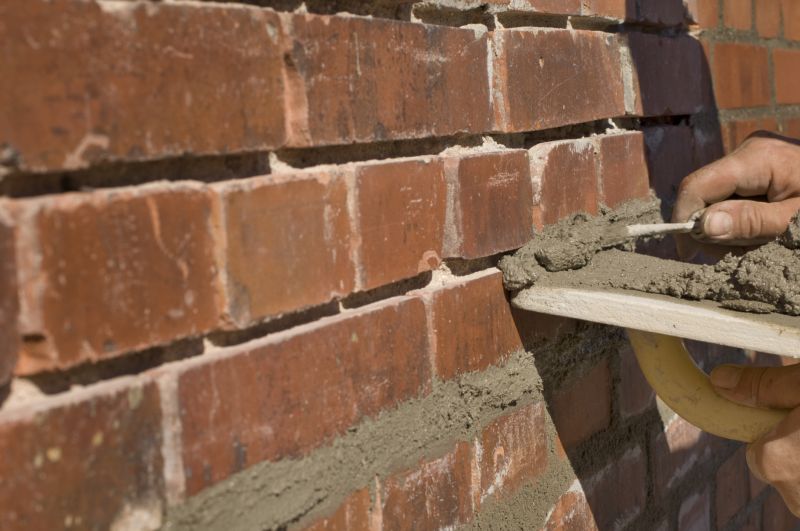
Dry conditions help ensure proper mortar curing and adhesion.
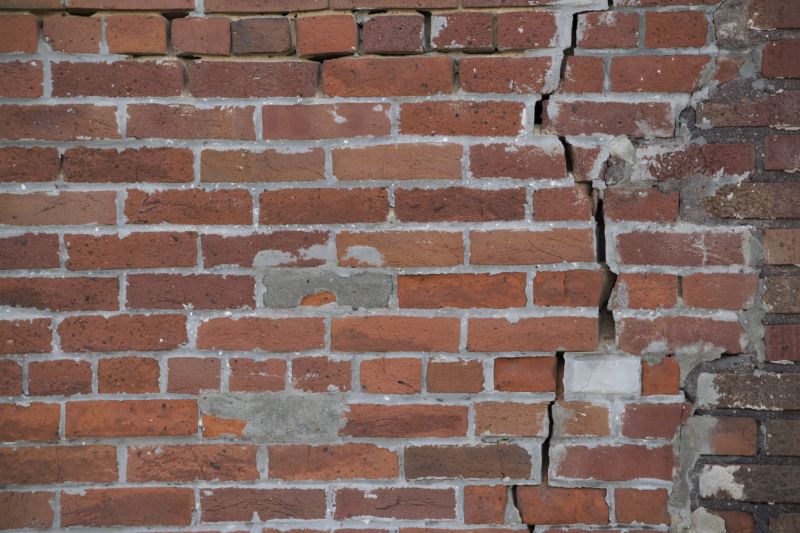
Timing is critical to preserve historic masonry during repointing projects.
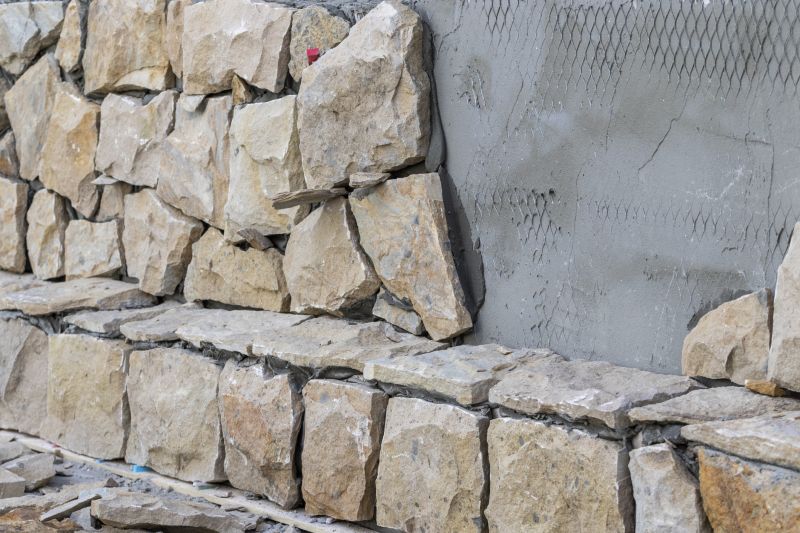
Ways to make Masonry Repointings work in tight or awkward layouts.
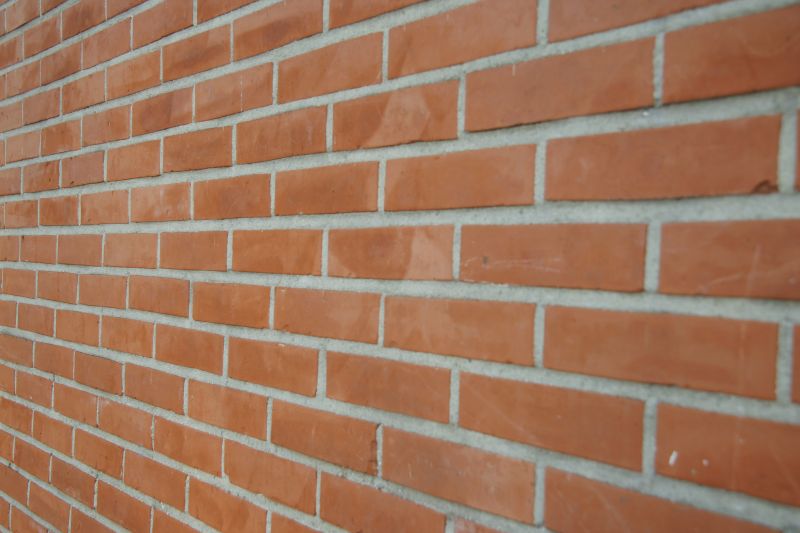
Popular materials for Masonry Repointings and why they hold up over time.
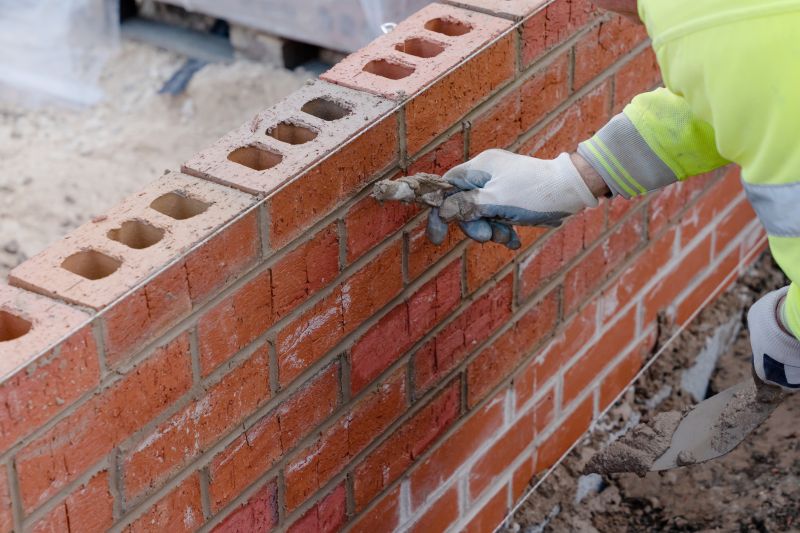
Simple add-ons that improve Masonry Repointings without blowing the budget.
| Ideal Repointing Conditions | Notes |
|---|---|
| Temperatures between 5°C and 25°C | Ensures proper mortar curing |
| Low humidity levels | Prevents mortar from drying too quickly |
| Absence of rain or snow | Avoids water interference during work |
| Stable weather conditions | Reduces the risk of cracks or weak joints |
| Dry, mild days | Optimal for consistent application and curing |
Masonry repointing involves renewing the external part of mortar joints in brickwork or stonework to restore structural integrity and appearance. Proper timing enhances the longevity and effectiveness of the work, preventing issues such as water ingress, cracking, and deterioration. According to industry standards, performing repointing during suitable weather conditions can extend the lifespan of masonry by several decades.
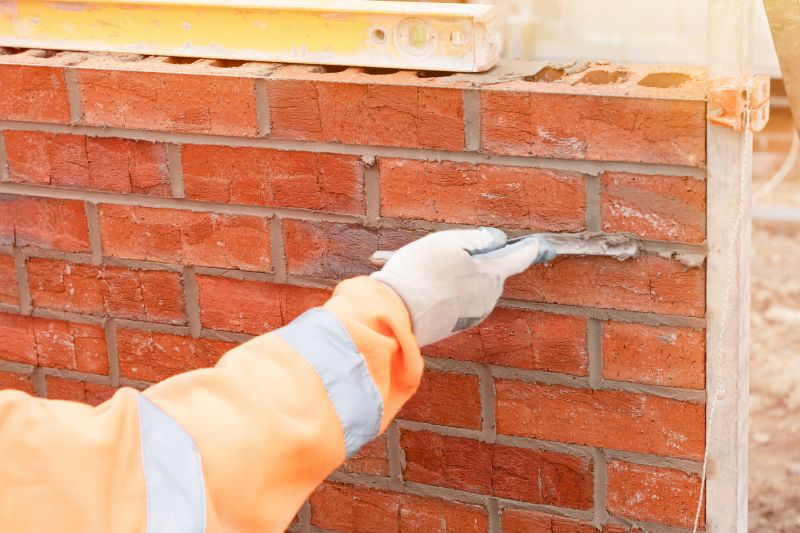
A mason applying fresh mortar to joints during optimal weather.
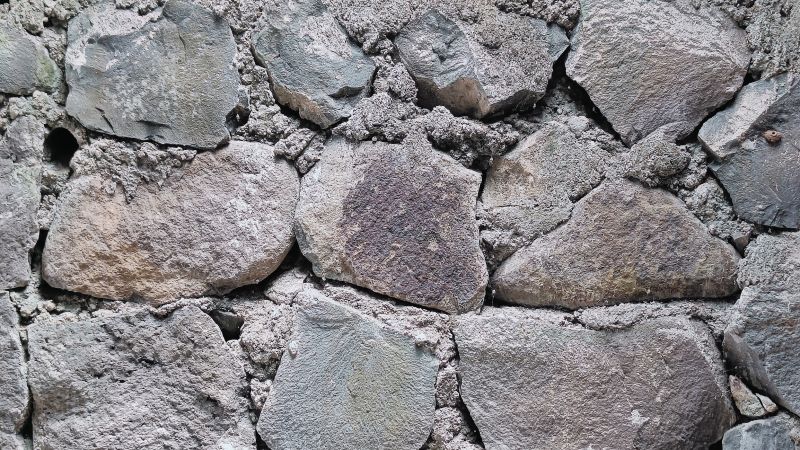
Completed joints with proper curing and appearance.
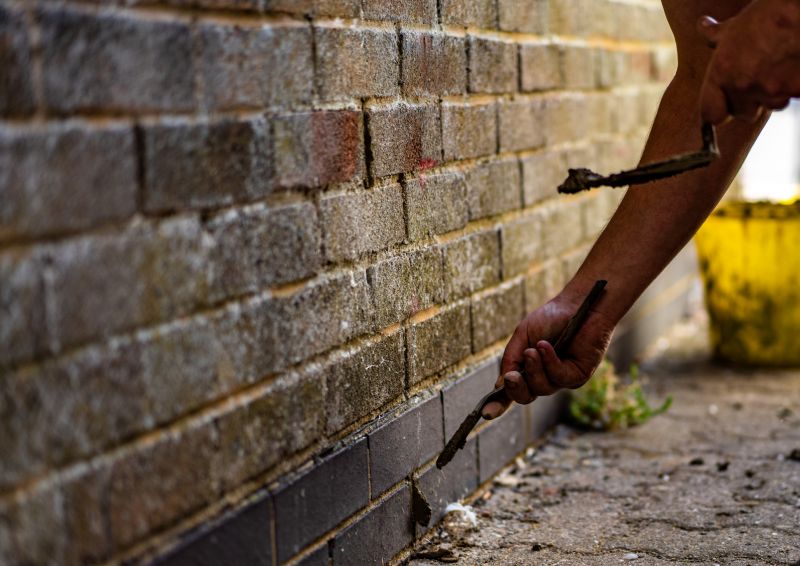
Specialized tools used for precise mortar application.
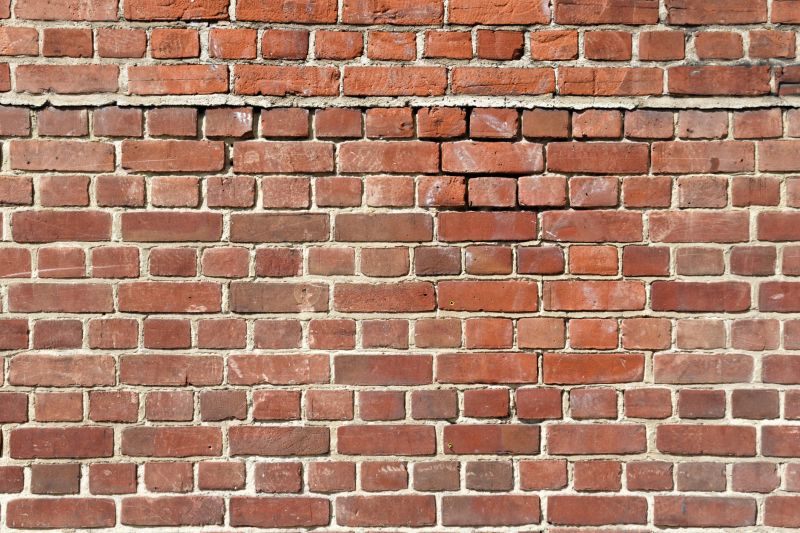
Careful repointing preserves the character of historic buildings.
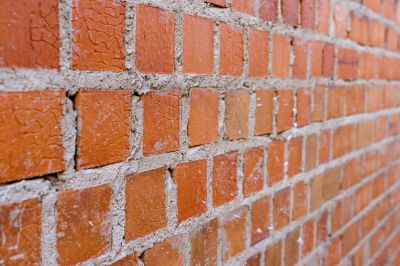
High-end options that actually feel worth it for Masonry Repointings.
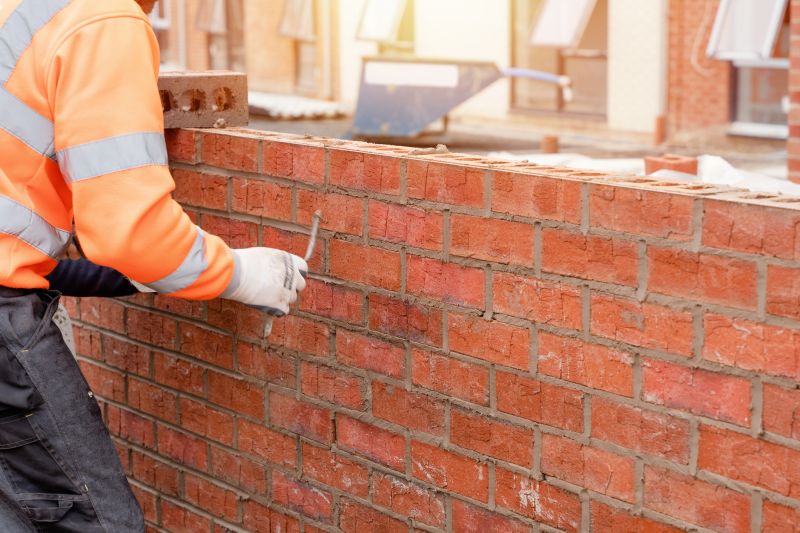
Finishes and colors that play nicely with Masonry Repointings.
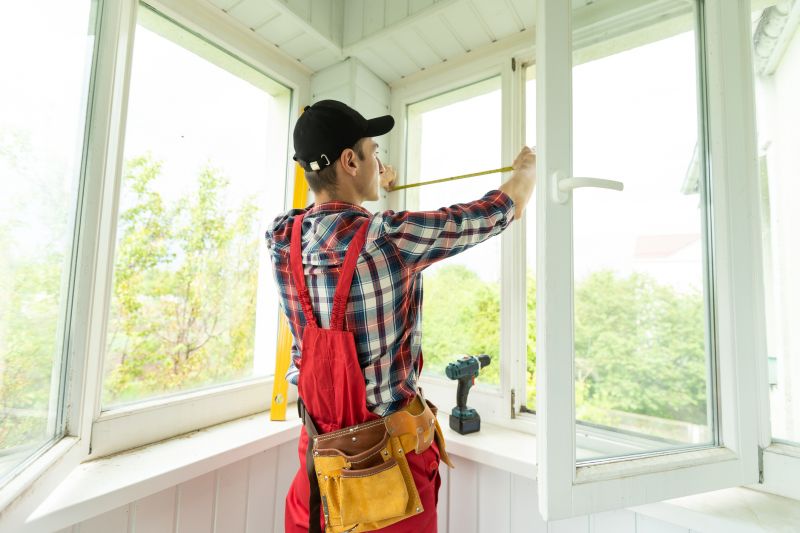
Little measurements that prevent headaches on Masonry Repointings day.
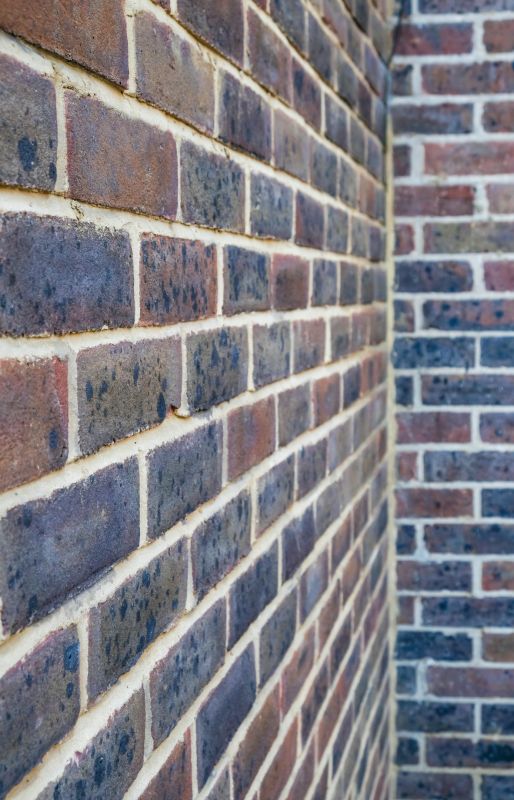
A 60-second routine that keeps Masonry Repointings looking new.
Interested in scheduling masonry repointing? Filling out the contact form can provide more information about suitable timing and project planning. Proper timing ensures the durability and quality of the work, making it a worthwhile consideration for any masonry restoration project.
